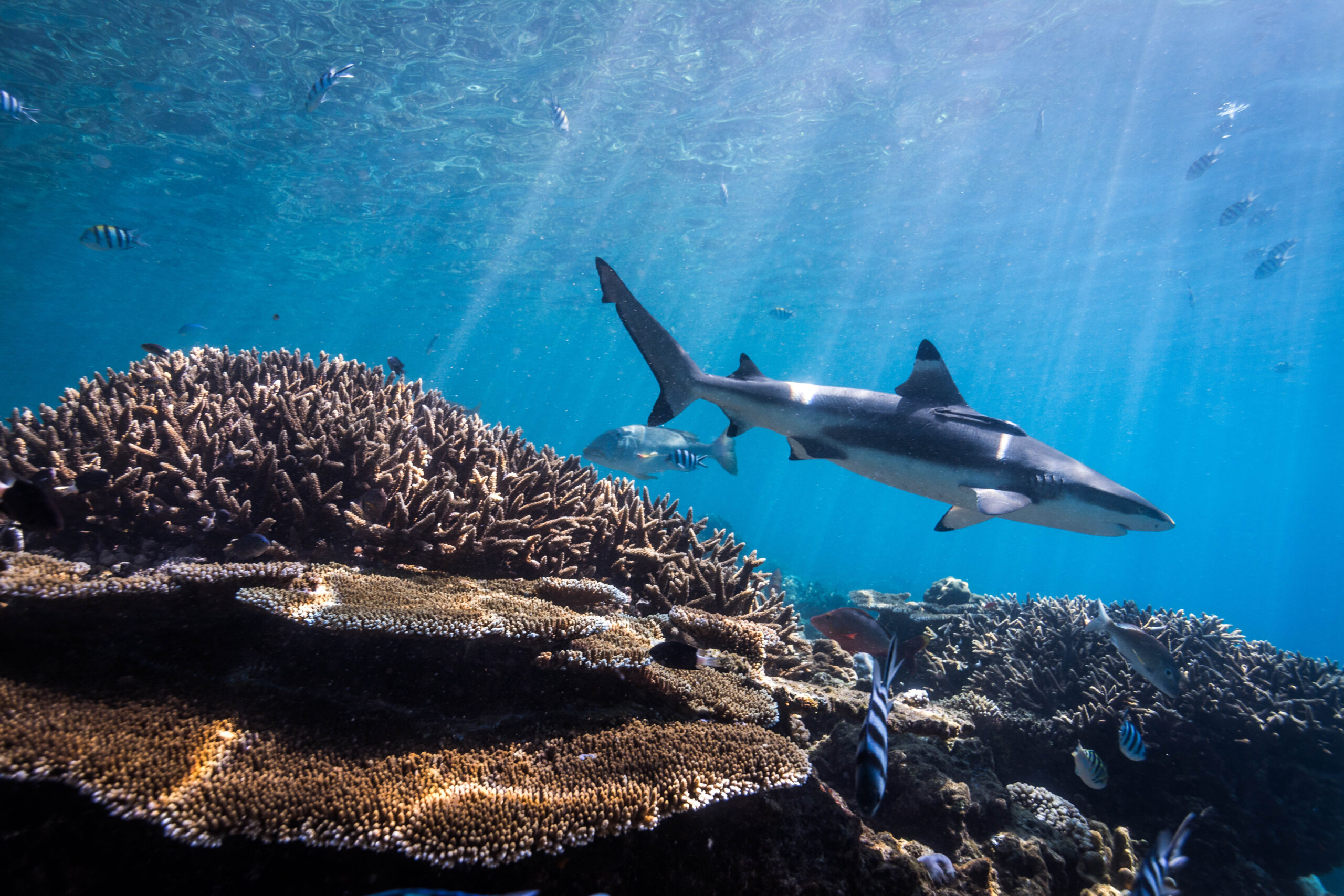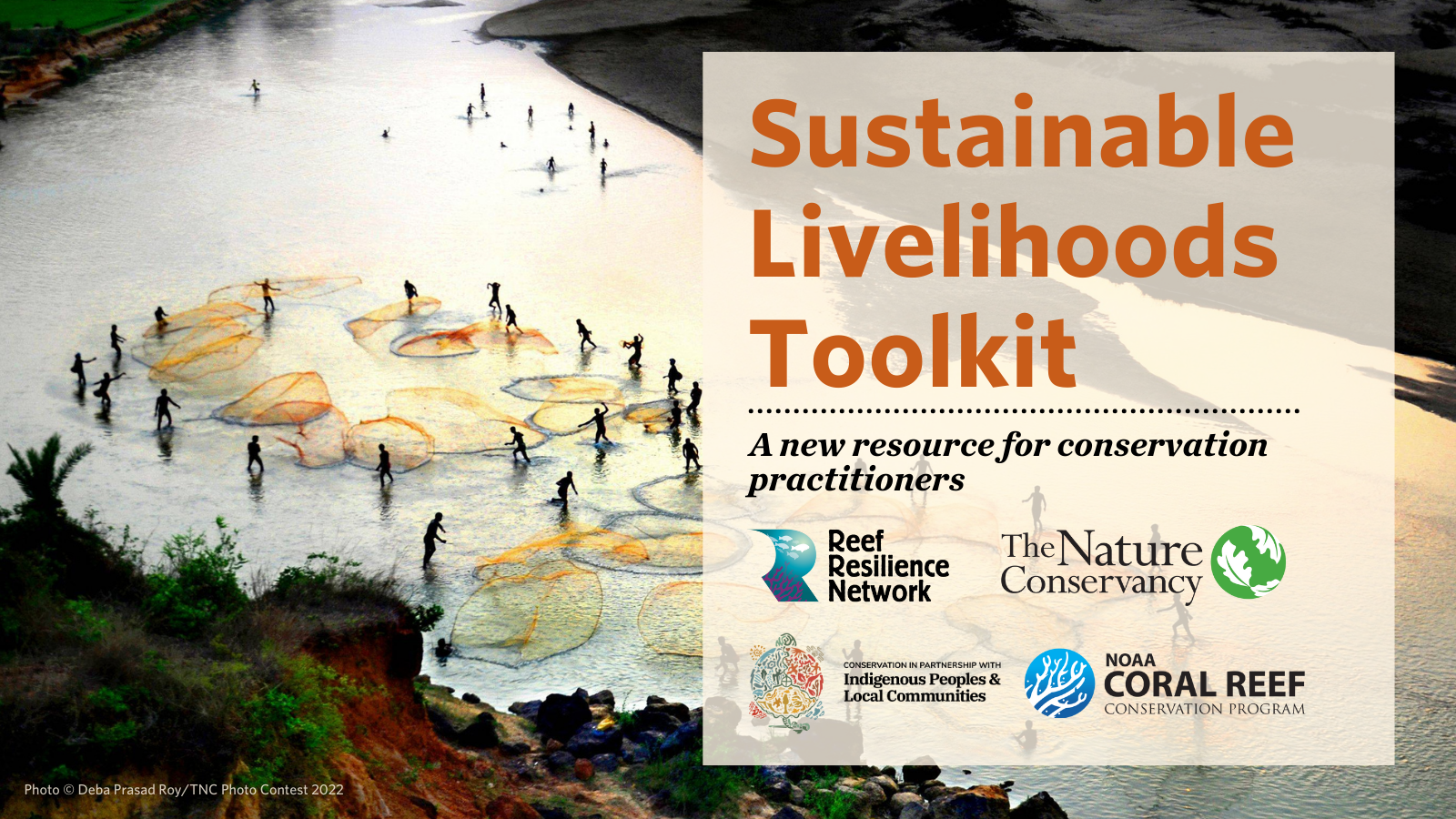Interview-based surveys were conducted with 16 fishers each from two fishing communities in Papua New Guinea, to examine how local context influenced heterogeneity in knowledge of reef fish aggregation behavior. The communities studied differed in geography, importance of fishing as an occupation, coastal geomorphology, fishing gear type and customary marine tenure. Difference between the 2 sites studied in the susceptibility of aggregations to fishing, depended primarily on socioeconomic drivers. One community was knowledgeable of fish aggregations and more dependent on it for their livelihood and had customary marine tenure while the other was weaker in customary management. Understanding how knowledge is structured within fishing communities and its relation to socioeconomic drivers of fishing effort is important if customary practices for conservation are to be supported. This study concludes that a holistic approach is needed to best assess the risks of fishing on aggregations of reef fish, using fisheries science and social-ecological thinking.
Author: Robinson, J., J.E. Cinner, and N. Graham
Year: 2014
View Full Article
PLoS ONE 9(3): e91296. doi: 10.1371/journal.pone.0091296


